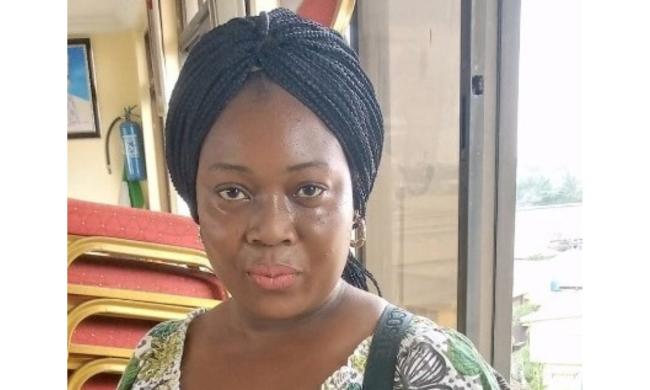The Nigerian Police Force, on the directive of the Inspector General of Police (IGP), has transferred female activist Abiodun Olamide Thomas, also known as Horlarmidey Africano, to the Force Criminal Investigation Department (FCID) in Abuja. This development follows her controversial arrest at her home in Lagos State on Friday.
Human rights advocacy group, the Take-It-Back Movement (TIB), condemned the transfer, alleging it was part of an orchestrated plan “sponsored by President Bola Tinubu through FPRO, Olumuyiwa Adejobi, and the IGP” to subject Thomas to an illegal trial.
In a statement on social media, TIB reiterated its demand for her immediate and unconditional release, decrying the situation as a “blatant disregard for human rights.”
Thomas was reportedly transported via the Nigeria Police Force Courier Service to the Murtala Mohammed International Airport before being flown to Abuja.
According to sources, her arrest stemmed from her critical stance on police misconduct and participation in the #EndSARS memorial on October 20, 2024. She had previously alleged harassment by police operatives, claiming her money was stolen, her phone destroyed, and her safety threatened by men of the Intelligence Response Team (IRT).
The activist was first detained at Alade Police Station after being “abducted” from her home in the Somolu area of Lagos. Reports suggest that the police initially apprehended her brother on Thursday to track her whereabouts.
TIB described her transfer to Abuja as a psychological attack, with sources revealing that the IGP, Kayode Egbetokun, had taken a personal interest in the case, vowing to handle it decisively.
Efforts by Hobnob News to reach ACP Olumuyiwa Adejobi for comments were unsuccessful as he did not respond to calls at the time of this report.
Thomas has consistently criticised police brutality and misinformation, often challenging official statements from police representatives. Advocacy groups and observers are closely monitoring the situation, calling for justice and respect for her fundamental human rights.

